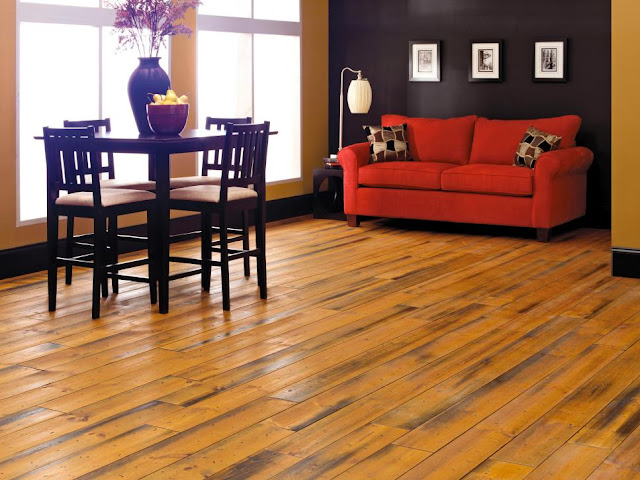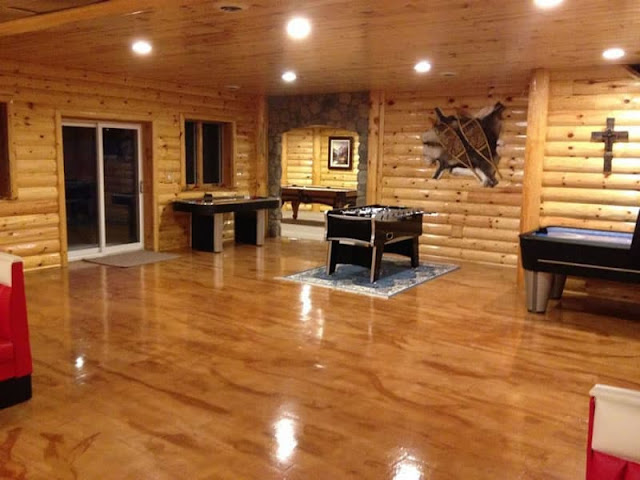Epoxy Basement Flooring: The Perfect Solution for Damp and Humid Spaces
The basement is often an overlooked part of a home, used for storage or as a laundry room. However, with the right flooring, it can become a functional and attractive living space. Epoxy basement flooring is a popular option for homeowners looking to transform their basement into a comfortable and stylish area. In this blog, we'll explore the benefits of epoxy basement flooring and why it's the perfect solution for damp and humid spaces.
What is Epoxy Basement Flooring?
Epoxy basement flooring is a type of flooring that's made from a combination of epoxy resin and a hardener. The mixture is poured onto the basement floor and left to dry, creating a smooth and durable surface. Epoxy basement flooring is resistant to moisture, making it a great option for damp and humid spaces.
Advantages of Epoxy Basement Flooring
Moisture Resistance
The biggest advantage of epoxy basement flooring is its moisture resistance. Basements are notorious for being damp and humid, which can lead to mold and mildew growth. Epoxy basement flooring is resistant to moisture, which makes it an ideal solution for these types of environments.
Durability
Epoxy basement flooring is incredibly durable and can withstand heavy foot traffic, furniture, and machinery. It's also resistant to scratches and other types of damage, making it a great choice for high-traffic areas.
Easy Maintenance
Epoxy basement flooring is easy to clean and maintain. It's resistant to staining and can be easily cleaned with soap and water. Unlike other types of flooring, epoxy basement flooring doesn't require waxing or polishing, which saves time and money.
Versatility
Epoxy basement flooring is versatile and can be customized to match your basement's aesthetic with a range of colors and patterns available. It can also be used in a variety of settings, including commercial spaces and industrial facilities.
Health Benefits
Epoxy basement flooring is resistant to mold and mildew growth, which can have a positive impact on your health. It can also improve the air quality in your basement by preventing the growth of allergens and other harmful pollutants.
Installation of Epoxy Basement Flooring
The installation process for epoxy basement flooring typically involves the following steps:
Surface Preparation
The surface must be cleaned thoroughly and any cracks or damage must be repaired. This ensures a smooth and even surface for the epoxy to adhere to.
Primer Application
A primer is applied to the surface to promote adhesion and improve the durability of the flooring.
Epoxy Application
The epoxy is applied to the surface in several coats. The number of coats required depends on the thickness of the flooring required and the manufacturer's specifications.
Curing
The epoxy must cure for several days before it can be used. During this time, the surface must be kept clean and free from any foot traffic.
Conclusion
Epoxy basement flooring is a durable and versatile option for your basement. It's resistant to moisture, easy to clean, and can be customized to match your basement's aesthetic. If you're looking for a flooring solution that's strong, long-lasting, and easy to maintain, epoxy basement flooring may be the perfect choice for you. With its moisture resistance, durability, and easy maintenance, epoxy basement flooring can be a great investment for your home.



Comments
Post a Comment